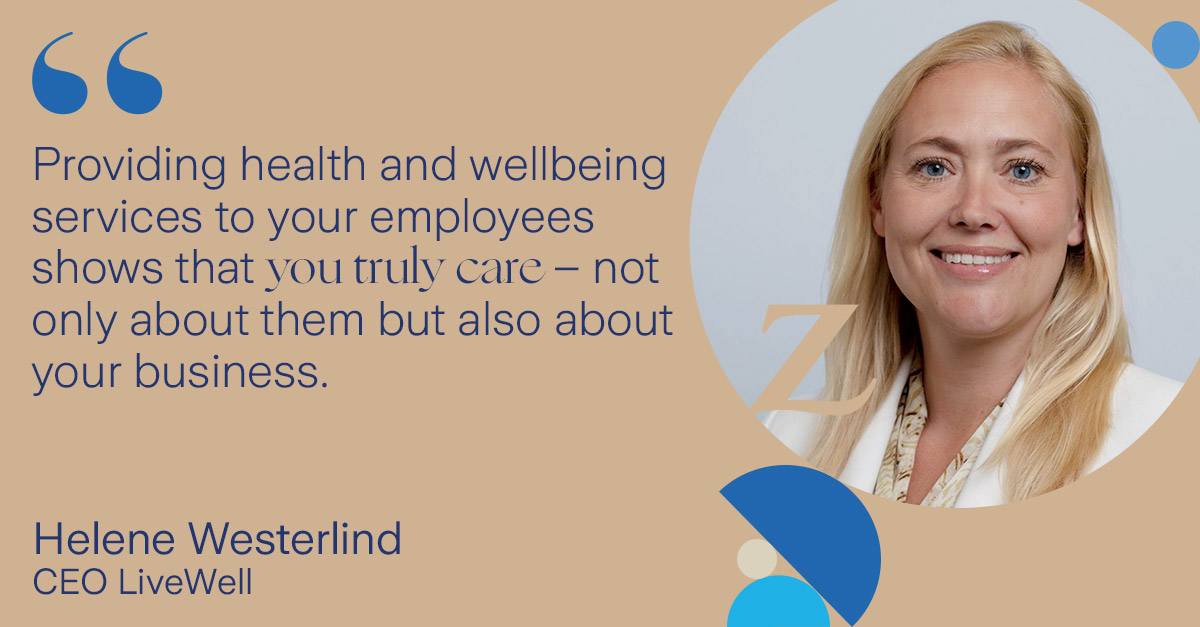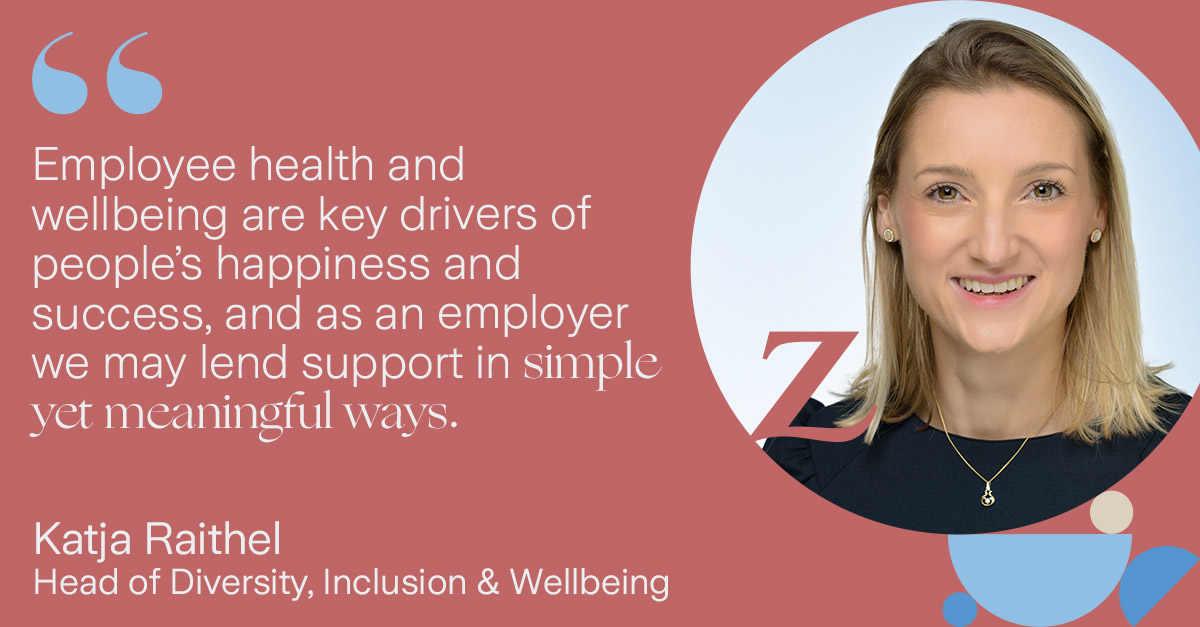World Health Day 2021: Simple but meaningful ways to create change for good
Future of workArticleApril 7, 2021
If an ounce of prevention is worth a pound of cure, as Benjamin Franklin once said, there’s a ton of benefits for individuals who take charge of their health and wellbeing.
While research shows that although there is plenty of attention paid to health concerns by governments and private organizations, health spending continues to increase. Some say that rather than relying only on governments to look after our health, a greater emphasis on individual responsibility could go a long way towards improving the health of many populations. The theme for this year’s World Health Day is building a fairer, healthier world and we all have a role to play in this.
“The World Health Organization found that lifestyle-related conditions such as heart attacks, strokes, diabetes, some cancers and other diseases are responsible for more than 70% of global deaths,” said Dr Sally Phillips, Chief Product and Proposition Officer at LiveWell, the health partner by Zurich. “Lifestyle factors are within the remit of each individual. Despite the frequent headlines about the health impact of a poor diet and lack of exercise, it is sometimes not enough to motivate us to make changes or seek solutions that can help.”

Healthy living can lower costs
There hasn’t been a lack of spending on health services by countries looking to take better care of their populations. In fact, health spending has increased by around 3.9% in recent years, according to the WHO report, “Global Spending on Health: A World in Transition.” If the expensive costs required for lifestyle-related conditions were decreased, overall health care costs could come down, Dr Phillips pointed out.
Prevention strategies are far less expensive than treatment costs and can reach broader areas of the population, she said, “leading to an overall reduction in healthcare spend as well as a healthier population.” A U.S. study showed that avoiding smoking, moderate alcohol consumption, regular physical activity, maintaining a healthy weight and a nutritious diet could prolong life expectancy at age 50 by 14 years for females and 12.2 years for males when compared to individuals who ignored that advice.”
Dr Phillips noted that “we all have a role to play in supporting global prevention strategies by taking steps to improve our own physical, mental, social and financial health.”

Employers are stepping up
While some say individuals should take the lion’s share of responsibility for their health, employers have a responsibility to help them, according to recent research by Zurich and the Smith School of Enterprise at the University of Oxford. “Shaping a brighter world of work: The case for a new social contract” and the accompanying Employer Outlook point out that the COVID-19 pandemic made clear the significance of the role of employers in the wellbeing of their employees.
The reports suggest that companies will increasingly take on the responsibility of taking care of people’s health and wellbeing in the best way possible and ensuring they work in healthy environments.
And that’s as it should be, says Helene Westerlind, CEO of LiveWell. “It makes sense that employers care about their people in this way; they want them to live healthy lives and that’s good for their people and the business. People who are cared for at work and feel appreciated, perform better and have lower rates of absenteeism and presenteeism. Because they are more productive and employee satisfaction is high, it’s a win-win for everyone and should be recognized as such.”
“Zurich fosters a culture that empowers its people to be at their best by providing innovative health and wellbeing programs and solutions,” said Dr. Katja Raithel, Group Head of Diversity, Inclusion and Wellbeing. “It’s our duty to support our employees and their wellbeing, especially during a global crisis when everyone's lives have been affected. As an employer, we may lend support in seemingly simple but meaningful ways, for example by driving our long-standing flex work arrangements or creating platforms such as our #ZurichNeverStops that serve to inform and inspire employees at a time when they may feel isolated while working remotely.”
Trimming health care debt
Zurich’s “Shaping a brighter world of work” points out that governments face mounting indebtedness to solve their health care concerns and are expected to increasingly look to insurance companies as solutions to near-term and long-term health care financing. “This suggests that healthcare insurance programs will need to be compulsory, nationwide and financed in multiple ways such that the burden does not fall to governments – in some circumstances, even partially,” the report notes.
Countries that have successfully managed the COVID-19 crisis through their healthcare systems will likely reinforce those systems with taxes, workplace insurance programs and state benefits, the report concludes. But those that were not so successful have rang up huge liabilities against their governmental balance sheets and it seems inevitable that they will introduce incentives for employers to provide health care benefits, it adds.
Dr Phillips suggested that if countries spent more of their gross domestic product on prevention, there would likely be “significant health care benefits for all, which could in turn lead to improved and more widespread universal health coverage.”
“We all need to commit to our own health,” said Dr Phillips, “making small changes, at least, when we can. If we don’t, we are the ones who will suffer the consequences of ill health. It’s easier to prevent health issues than to live with the regret of poor health habits. It’s our lives and our planet, and we all have a role to play in maintaining and sustaining both.”



